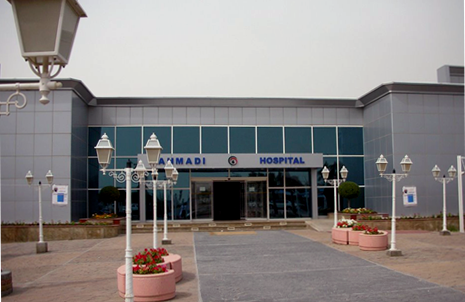In a statement released on Wednesday, the company said it will ask health authorities to update information provided to physicians and patients on its dengue vaccine in countries where it is approved. The request is based on a new analysis of long-term clinical trial data, which found differences in vaccine performance based on prior dengue infection.
Based on up to six years of clinical data, the new analysis evaluated long-term safety and efficacy of Dengvaxia in people who had been infected with dengue prior to vaccination and those who had not. The analysis confirmed that Dengvaxia provides persistent protective benefit against dengue fever in those who had prior infection. For those not previously infected by dengue virus, however, the analysis found that in the longer term, more cases of severe disease could occur following vaccination upon a subsequent dengue infection.
“These findings highlight the complex nature of dengue infection. We are working with health authorities to ensure that prescribers, vaccinators and patients are fully informed of the new findings, with the goal of enhancing the impact of Dengvaxia in dengue-endemic countries,” said Dr. Su-Peing Ng, Global Medical Head, Sanofi Pasteur.
Based on the new analysis, Sanofi will propose that national regulatory agencies update the prescribing information, known as the label in many countries, requesting that healthcare professionals assess the likelihood of prior dengue infection in an individual before vaccinating. Vaccination should only be recommended when the potential benefits outweigh the potential risks (in countries with high burden of dengue disease). For individuals who have not been previously infected by dengue virus, vaccination should not be recommended.
The Philippines was the 1st country in Asia to approve the vaccine for individuals aged 9 and 45 years old in December 2015. Government has since procured P3-billion worth of Dengvaxia intended for one million public school children in areas reported to have the highest incidence of dengue in 2015. The vaccine was to be administered in three phases at 6 month intervals beginning April 2016.
A total of 491,990 9-year-old students were vaccinated in the first phase, under then Health Secretary Janette Garin. Her successor, Secretary Paulyn Ubial proceeded with the second phase which immunized 415,681 children.
Newly appointed Health Secretary Fransisco Duque immediately instructed the Dengue Technical and Management Committee to meet with an expert panel to determine the next course of action.
“The safety of the children vaccinated is paramount, and the Health Department will need to do surveillance of those given Dengvaxia with no prior infection. It's really a big task," Duque said. (via Sanofi, AB-CBN News)





0 Comments